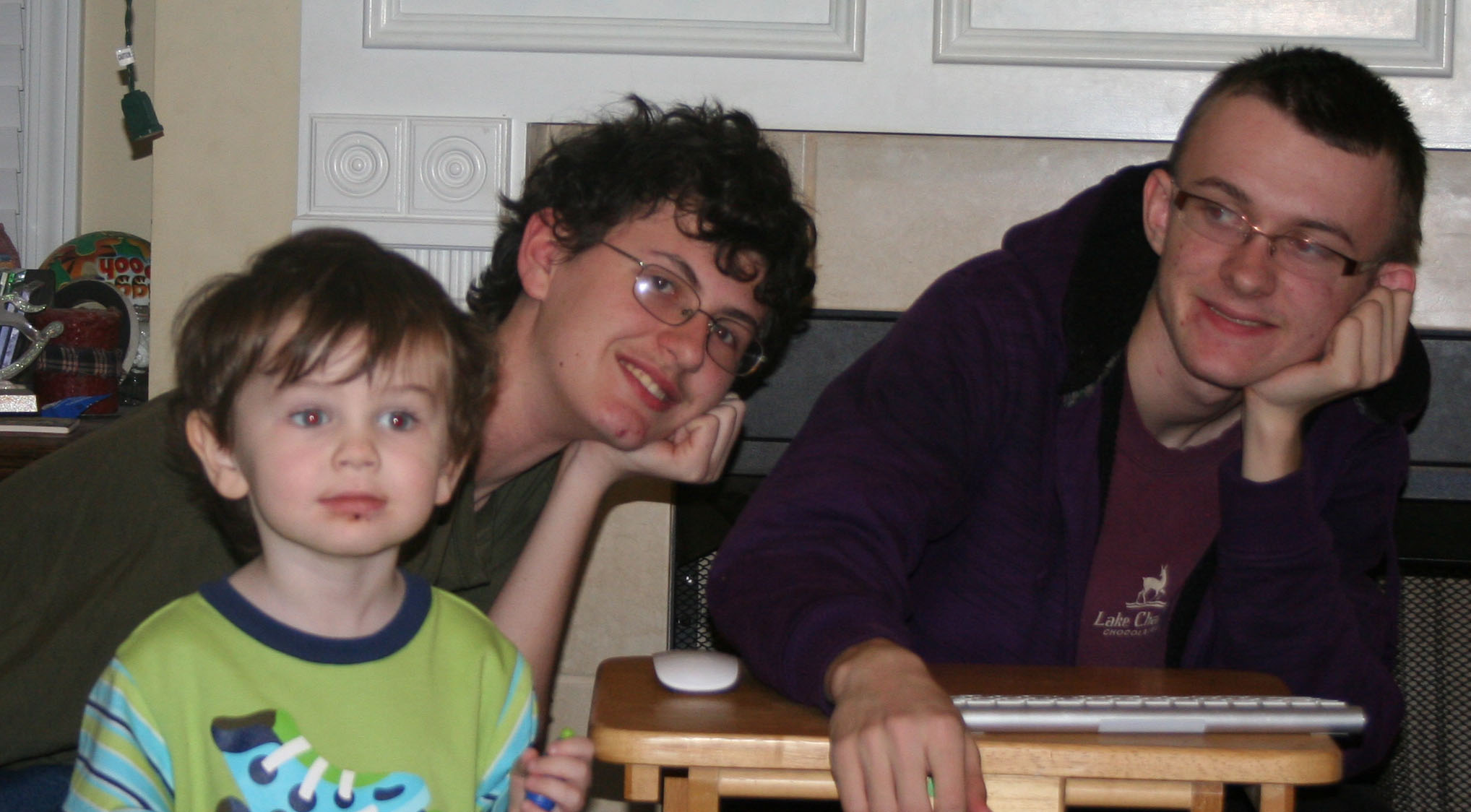I had never considered the full implications until I engaged in a discussion about the challenges of addressing twice-exceptional (2e) education in schools. As someone who works in a College of Education, specifically under Special Education, I realized that gifted education is indeed a form of special education. Yet, many local schools are phasing out gifted education from their curriculum.
The reality is that most schools don’t collect statistics on 2e or gifted education, nor do they have effective methods for doing so. Securing an Individualized Education Program (IEP) for a 2e student is nearly impossible. For example, my child had an IEP for speech, but once they started kindergarten, the IEP was removed because they met their speech goals and were performing well academically.
I believe every student has a unique gift. They just need a teacher and an environment that can help them break out of their shell, discover their strengths, and allow them to shine. This should happen without the constant harassment from classmates who might prefer everyone to conform to the norm.
The federal government doesn’t provide direct funding to districts specifically for gifted education; it’s determined at the state and local levels and is not mandated. There haven’t been lawsuits to push for gifted education based on special education funding. Schools are already struggling with students who have fallen behind, so addressing the needs of students who are bored with work below their ability isn’t even on their radar as they strive to meet minimum state requirements.
Compounding the issue are parents and students advocating for the removal of algebra and advanced math in favor of survival skills like balancing a checkbook. This scenario feels more like the dystopian future depicted in the movie “Idiocracy” rather than a future that could see a cure for cancer.
I’ve often heard teachers tell students that “math is tough” but they have to take it because it’s part of the curriculum, without making any effort to link math to real-world applications. My son’s 5th-grade math teacher failed the math portion of the teacher’s exam four times before barely passing. His high school biology teacher managed to get by with just one semester of statistics and no other math.
When did a love for learning fall out of fashion? My grandmother was the only one of her ten siblings to attend high school, supported by her family who saved diligently for her education. She borrowed old books to study and eventually taught kindergarten until she had to stop because married women were not allowed to be teachers.
We need more debates about improving academics and less about whether students should be allowed to play sports despite failing grades. More focus should be on enhancing attendance and participation in classes rather than controversies over history or Critical Race Theory. Additionally, why should we be concerned about which bathrooms students use? It’s not our business how students relieve themselves unless it’s disruptive, like choosing the gym floor during an assembly.
Changing an entire attitude is a timeless challenge that surfaces across many topics. How do we reignite a passion for learning and ensure all students, including those who are gifted or 2e, receive the education they deserve?


 I am a SAHM/WAHM of three boys ranging in age from 13 to 29. We are working on saving enough for college at the same time as dealing with school and our older independent kids. I author a few blogs, including http://teched4kids.com. I have in the past taught computer information technology classes for the local university and taught workshops for kid's in technology education besides being the Kentucky State FIRST LEGO League Championship Coordinator from 2005 to 2008. I now work as a computer consultant, run a handmade home business, and am available for workshops. Life here is always an adventure!
I am a SAHM/WAHM of three boys ranging in age from 13 to 29. We are working on saving enough for college at the same time as dealing with school and our older independent kids. I author a few blogs, including http://teched4kids.com. I have in the past taught computer information technology classes for the local university and taught workshops for kid's in technology education besides being the Kentucky State FIRST LEGO League Championship Coordinator from 2005 to 2008. I now work as a computer consultant, run a handmade home business, and am available for workshops. Life here is always an adventure!
